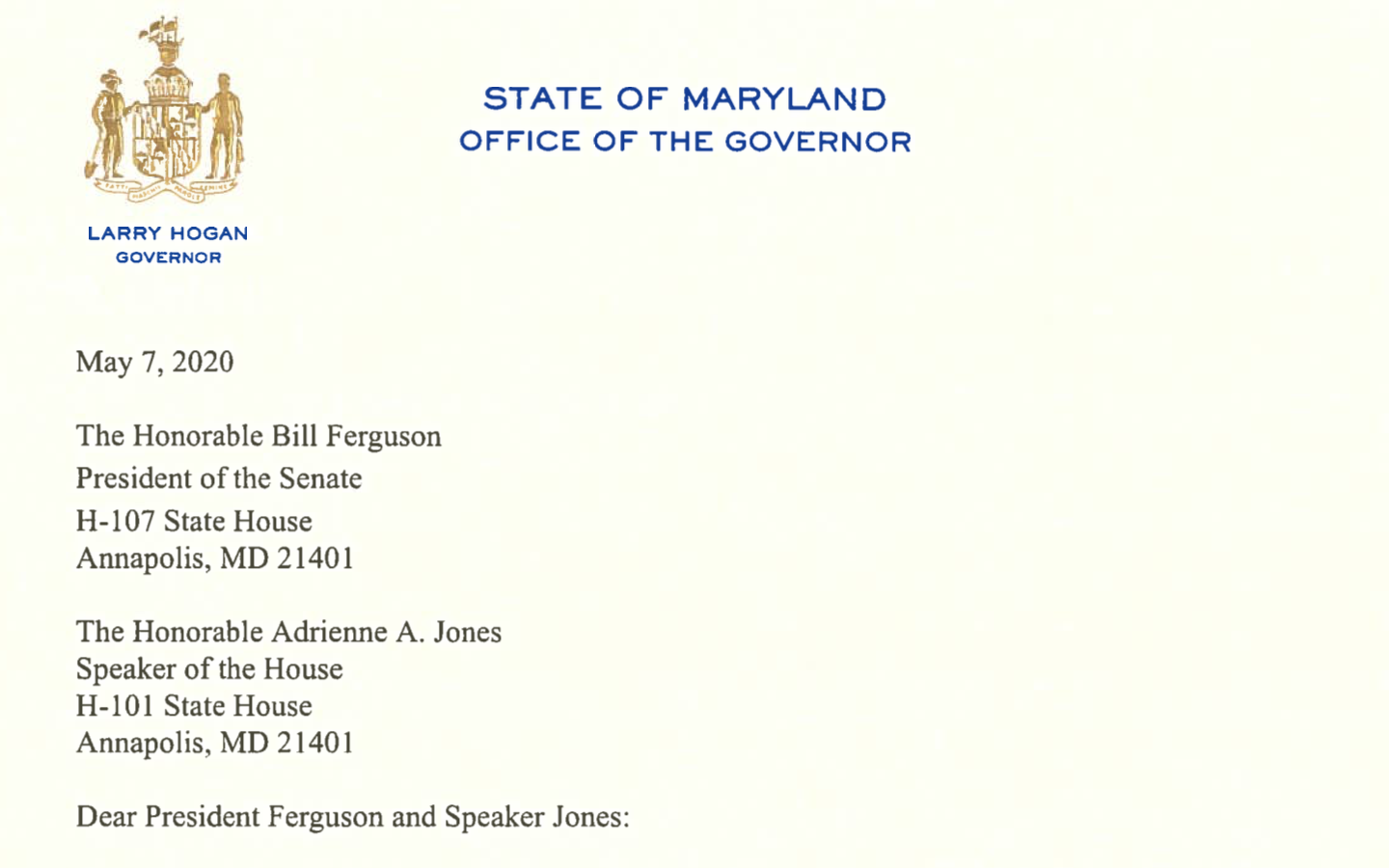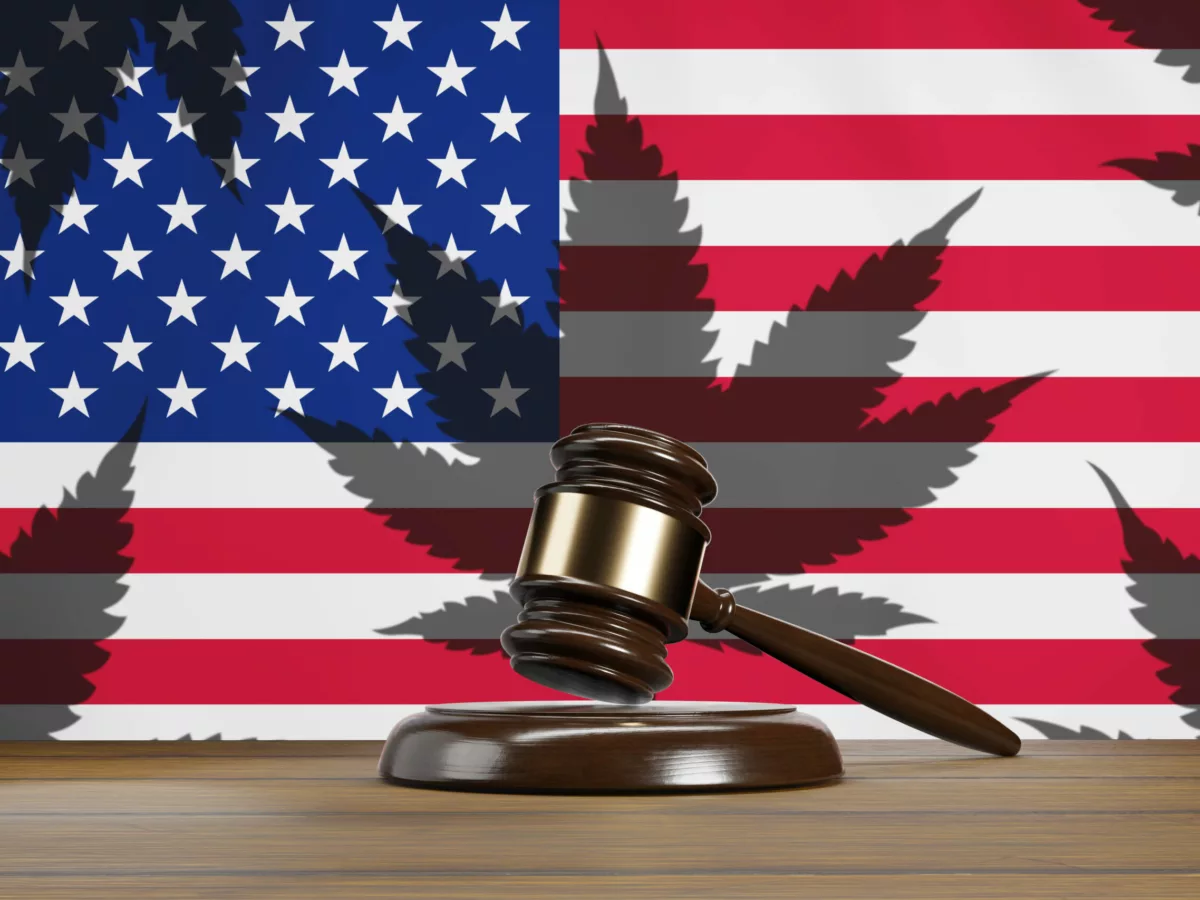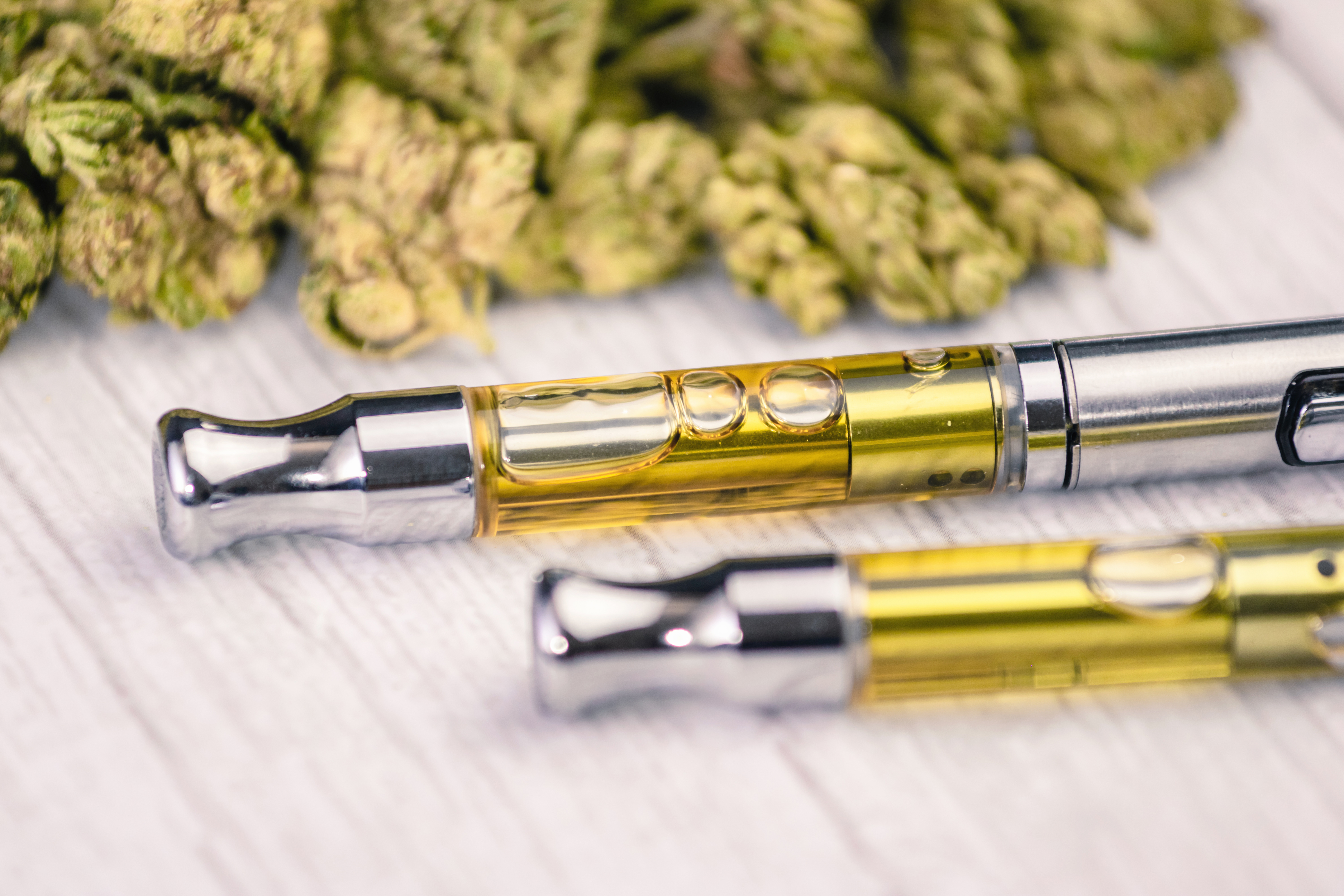Among a smattering of vetoes from Maryland governor Larry Hogan last week was the vetoing of House Bill 83, which would have prevented cannabis possession convictions from going into Maryland Case Search, the state’s court database, if it was “the only charge in the case and the charge was disposed of before October 1, 2014.”
An estimated 200,000 minor cannabis convictions would have been shielded as a result of the legislation, greatly benefiting Marylanders who are often prevented from gaining employment or discriminated against in the hiring process because of charges related to cannabis. Since 2014 cannabis possession up to 10 grams has been decriminalized in the state. Currently, expungement of cannabis convictions can only occur if the person charged actively petitions the court.
HB 83 would have made expungements for many essentially “automatic.” The bill was one of a number of bills The Outlaw Report deemed “crucial” that were passed in the final days of the legislative session, which was cut short due to COVID-19.
Earlier this year, Hogan was given a ‘C’ grade by the National Organization for the Reform of Marijuana Laws (NORML) primarily because of his rather passive and dispassionate approach to cannabis reform. In 2019, Hogan signed House Bill 17 which allowed, for the first time in Maryland, the sales of edibles to medicinal patients and enabled academic institutions to register with the Maryland Medical Cannabis Commission to purchase cannabis for research purposes. But NORML also cited a 2018 comment from Hogan where he said that cannabis legalization for recreational adult use was “worth taking a look at,” and nothing more. And back in 2015, Hogan vetoed Senate Bill 17, which made up for an oversight in 2014’s initial decriminalization bill by decriminalizing smoking cannabis in public and possession of cannabis-related paraphernalia. The veto was overridden.
Last week, Hogan also vetoed the similar House Bill 1336, which would have shielded those who have been convicted of fourth degree burglary. The reason for these expungement-related vetoes and many others, Hogan said in a letter to State Senate President Bill Ferguson and Speaker of the House Adrienne Jones, was in response to the House not passing the Violent Firearm Offenders Act of 2020 (the act did pass in the Senate).
Presented as an “anti-crime” bill and specifically aimed at Baltimore City where homicides have surpassed 300 every year since 2014, the Violent Firearm Offenders Act of 2020 increased the penalties for people in possession of firearms who are not legally allowed to possess them. As criminal justice reform has become more mainstream, critics have noted that harsher penalties and other carceral solutions to violence do not actually curb violence. Baltimore City Council President—and Baltimore mayoral candidate—has been a critic of these sorts of policies, which he said, “can be attractive to elected leaders who desperately want to curb violent crime [but] do not bear out as successful crime-fighting strategies with sustained results.”
Speaker Adrienne Jones and other progressives were similarly critical of Hogan’s punitive bill earlier this year with Jones essentially calling it more of the same: “Creating safer communities requires all of us to think outside the box, re-examine our own efforts and apply a broad array of innovative solutions. We can’t just police our way out of this problem,” she said back in February.
What expunging cannabis convictions have to do with violent crime was not made clear by Hogan when he explained his veto.
In response to the veto, NORML is encouraging lawmakers to override Hogan’s veto of HB 83 and has created a petition to sign. Along with the petition, NORML noted that Hogan “was vetoing HB 83, along with several other criminal justice reform measures, because House lawmakers failed to pass a separate package of bills he supported,” and explained the significance of the bill.
“As initially drafted and passed by the House, HB 83 sought to review and automatically expunge past, low-level marijuana convictions. State law currently allows those previously convicted of a marijuana possession offense to petition the courts to have their criminal record expunged,” NORML explained. “Shielding marijuana possession arrests for 200,000 Marylanders should not be delayed!”






